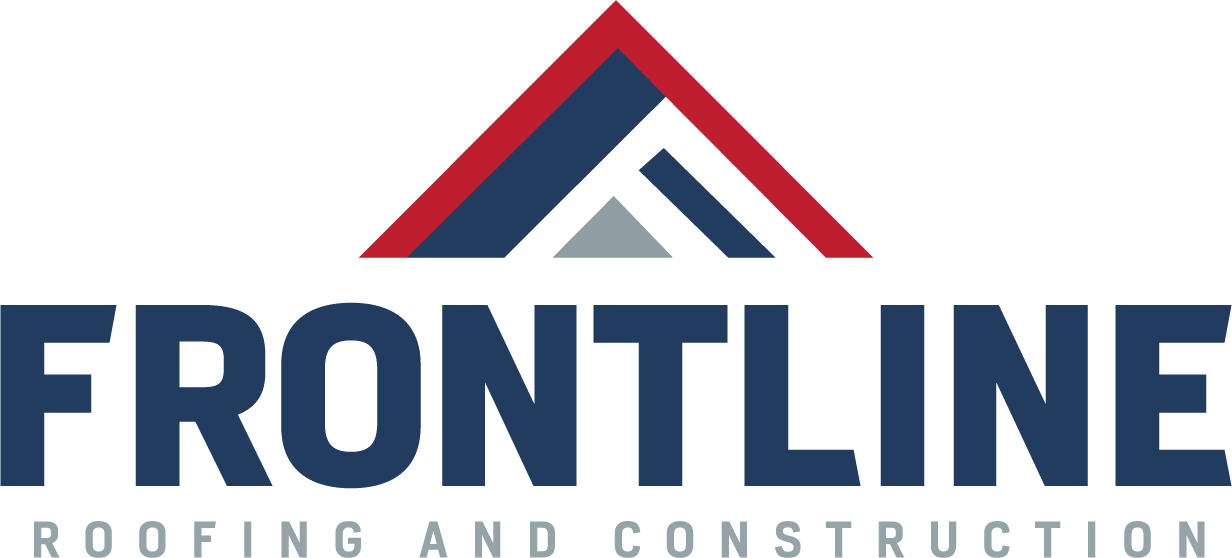Maximizing Project Success: The Importance of Communicating with Your Roofer
Table of Contents
Introduction
Benefits of Effective Communication with Your Roofer
Clarifying Project Goals and Expectations
Ensuring Quality and Customization
Avoiding Misunderstandings and Delays
Tips for Communicating Effectively with Your Roofer
Prepare Your Questions
Stay Informed and Involved
Provide Clear Feedback
Handling Communication Challenges
Conclusion
Introduction
Good communication with your roofing contractor is crucial for a smooth and successful roofing project. It ensures your needs are met and helps avoid potential issues.
Benefits of Effective Communication with Your Roofer
Clarifying Project Goals and Expectations
Clear discussions help both you and your roofer understand the project scope, desired outcomes, and any specific preferences.
Ensuring Quality and Customization
Effective communication allows you to express your specific needs, leading to customized solutions and better quality work.
Avoiding Misunderstandings and Delays
Regular and clear communication helps prevent misunderstandings and can significantly reduce the likelihood of delays.
Tips for Communicating Effectively with Your Roofer
Prepare Your Questions
List your questions and concerns beforehand to ensure you cover all important points during discussions.
Stay Informed and Involved
Regularly check in on the project’s progress and stay informed about any changes or decisions.
Provide Clear Feedback
Be open and honest in your feedback, whether it’s appreciation or constructive criticism.
Handling Communication Challenges
Address any communication challenges promptly and seek to resolve misunderstandings amicably and professionally.
Conclusion
Effective communication with your roofer is essential for a successful roofing project. It helps in achieving your desired outcomes and ensures a smooth process.
